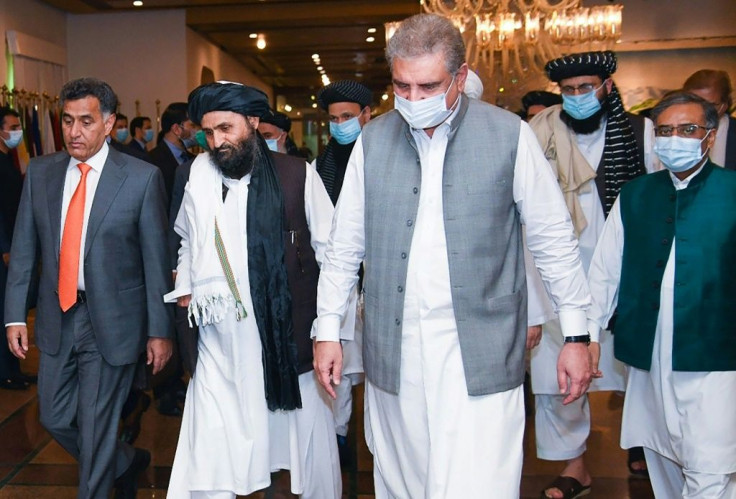Afghan Head Of Peace Process Hopeful Of Talks With Taliban 'Next Week'

Afghanistan's government and the Taliban will next week begin long-delayed peace talks aimed at ending the war in the country, a top official leading the reconciliation process said Thursday.
The US-backed talks were supposed to have begun in March, but both sides are at loggerheads over a controversial prisoner swap that includes hundreds of Taliban fighters tied to deadly attacks conducted over the past two decades.
Abdullah Abdullah, who heads Afghanistan's reconciliation council, told an event organised by a Kabul-based think tank: "I can say with relative confidence that the intra-Afghan talks will begin next week.
"The negotiation team of the Islamic Republic of Afghanistan is prepared for the talks with a firm determination to represent the strong and united voice of the Afghan people for a durable and dignified peace."
The Taliban made no immediate comment in response to Abdullah's remarks.
Both sides have fought for nearly two decades in a conflict that has left tens of thousands of people dead.
The Taliban ruled Afghanistan between 1996 and 2001, when it was ousted by a US-led invasion.
Abdullah's comments came after Pakistan pushed senior Taliban leaders to start the talks during a meeting in Islamabad this week.
Islamabad has said that its influence over the Taliban had encouraged the militants to hold talks with Washington that culminated in February with a deal that would see US-led foreign military forces quit Afghanistan by May next year.
The Taliban and the Afghan government had signalled they were prepared to launch negotiations immediately after the Muslim festival of Eid al-Adha, which ended earlier this month, but the process became bogged down over the prisoner swap.
Afghan authorities have refused to release some 320 Taliban militants, including many charged for killing scores of people in brutal attacks.
Officials insisted they would release them only after the Taliban freed a group of commandos and soldiers held captive by the militants.
US President Donald Trump has made ending the war in Afghanistan and bringing American soldiers back home a key foreign policy priority of his administration.
© Copyright AFP {{Year}}. All rights reserved.




















